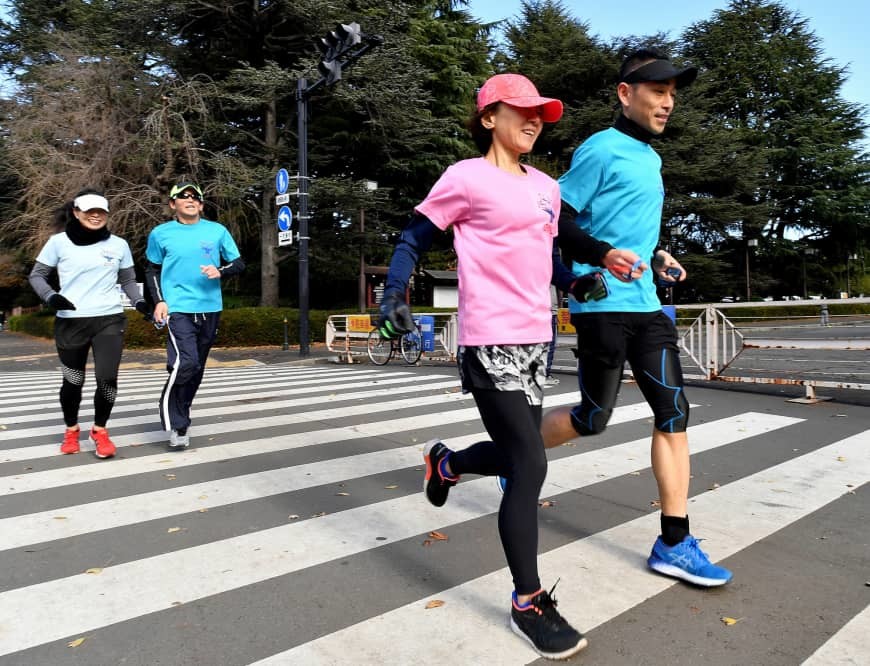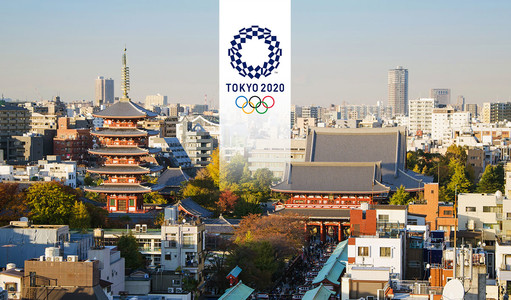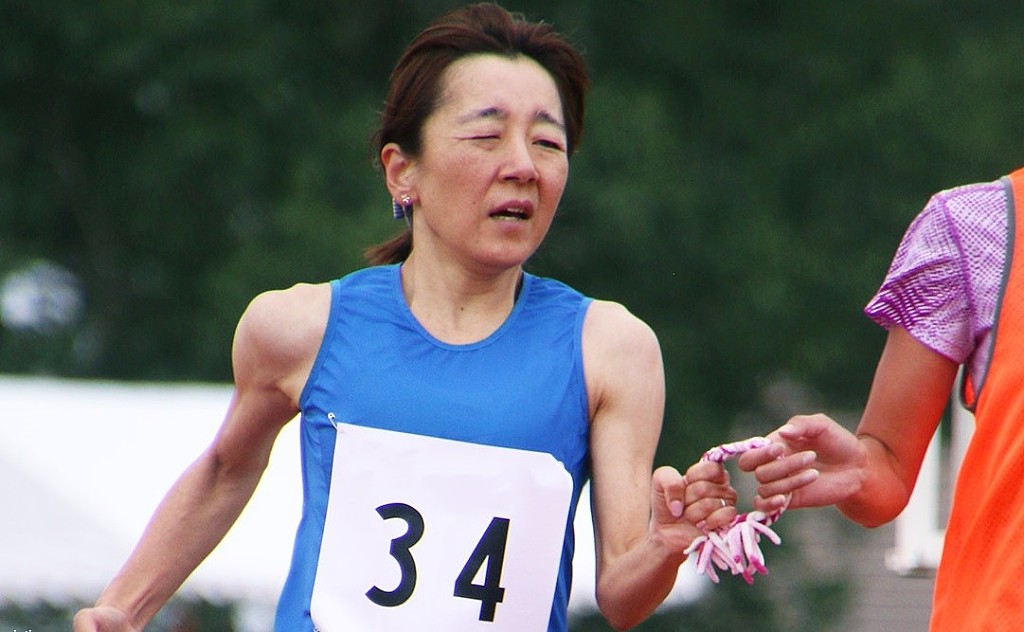Running News Daily
Running News Daily is edited by Bob Anderson. Send your news items to bob@mybestruns.com Advertising opportunities available. Train the Kenyan Way at KATA Kenya and Portugal owned and operated by Bob Anderson. Be sure to catch our movie A Long Run the movie KATA Running Camps and KATA Potato Farms - 31 now open in Kenya! https://kata.ke/
Index to Daily Posts · Sign Up For Updates · Run The World Feed
Blind marathon runner Yoko Aoki hopes to represent Japan at the Tokyo 2020 Olympic Games
A decade ago, Yoko Aoki would never have been able to imagine the current life she has.
Without any major sports experience, her day-to-day lifestyle used to be far from that of an average athlete. Now she runs long distances every day, supported by a team that allows her to compete in blind marathon races with the hope of representing Japan at the Tokyo 2020 Paralympics.
“My life has changed a lot. I never expected this,” the 42-year-old Aoki said. “I don’t think I’ve changed. But I can do a lot of different things that I couldn’t do before because I have a goal I want to achieve.”
Aoki’s vision was impaired by an injury she suffered after graduating from high school. She attended a vocational training school and learned how to use computers while training to walk again. Aoki said she has no problems in her daily life, including working in an office.

One day, her co-worker told her about a blind marathon club, which opened the gate for her to become a para athlete.
“I just wanted to run or walk with an assistant as exercise,” Aoki said. “I could not run or walk by myself, but I could easily find a person to escort me by joining the club.”
Since then, blind marathons have become a major part of her life, and four years ago the Japan Blind Marathon Association chose Aoki to receive special training. She clocked her career-best 3 hours, 13 minutes and 36 seconds at the Hofu Yomiuri Marathon in Yamaguchi Prefecture last December, recording the all-time third-best race in a Japanese women’s blind marathon.
The International Paralympic Committee defines three categories of blind marathon according to the severity of impairment: T11 (very low visual acuity and/or no light perception), T12 (0.03 or lower eyesight and/or a visual field radius of less than 5 degrees) and T13 (from 0.04 to 0.1 eyesight and/or a visual field of less than 20 degrees radius). For T11 and T12, to which Aoki belongs, blind marathoners must be accompanied by an escort runner.
During a race, the pair hold opposite ends of a meter-long rope as the escort runner helps to set the pace and shares information on upcoming obstacles and the status of other runners.

“The most important thing for the escort runner is caring about the runner’s safety,” said Yoshihide Fukuhara, the head coach of Aoki’s Team OYO (the initial “O” refers to the first character of Aoki’s maiden name, Otokozawa, and “YO” is from her first name), who himself is also a blind marathon runner.
“The escort runner’s vision has to synchronize with the runner’s mind. Good escort runners provide the necessary information and know when to spurt.”
Aoki, however, claims anybody can become an escort runner. According to Fukuhara, a blind marathoner will use several different escort runners between starting their daily practice and taking part in competitive races.
For example, Aoki runs about 10 kilometers every morning with a rotating set of running partners. For daily training, escort runners do not require the ability to run a marathon.
“What I want from them is that they want to run with me at daily practice. I have about 15 running partners to support my daily practice. They are all volunteers,” said Aoki. “Of course, we need fast and experienced guides in the competition, but for daily practice, the priority is people who can come to my house and run with me early in the morning.”
A blind athlete can have up to two guides in a race. Exchanging is allowed once, at either the 10-, 20- or 30-km point. If the escort runner retires at any point during the race, the blind runner is also disqualified.
Any rule violation by the escort runner, such as doping, results in the disqualification of the blind athlete. Escort runners are not allowed to help their blind athlete, even when they fall down, or to cross the finish line first.
by HIROSHI IKEZAWA
Login to leave a comment
Tokyo 2020 Olympic Games
Fifty-six years after having organized the Olympic Games, the Japanese capital will be hosting a Summer edition for the second time, originally scheduled from July 24 to August 9, 2020, the games were postponed due to coronavirus outbreak, the postponed Tokyo Olympics will be held from July 23 to August 8 in 2021, according to the International Olympic Committee decision. ...
more...




